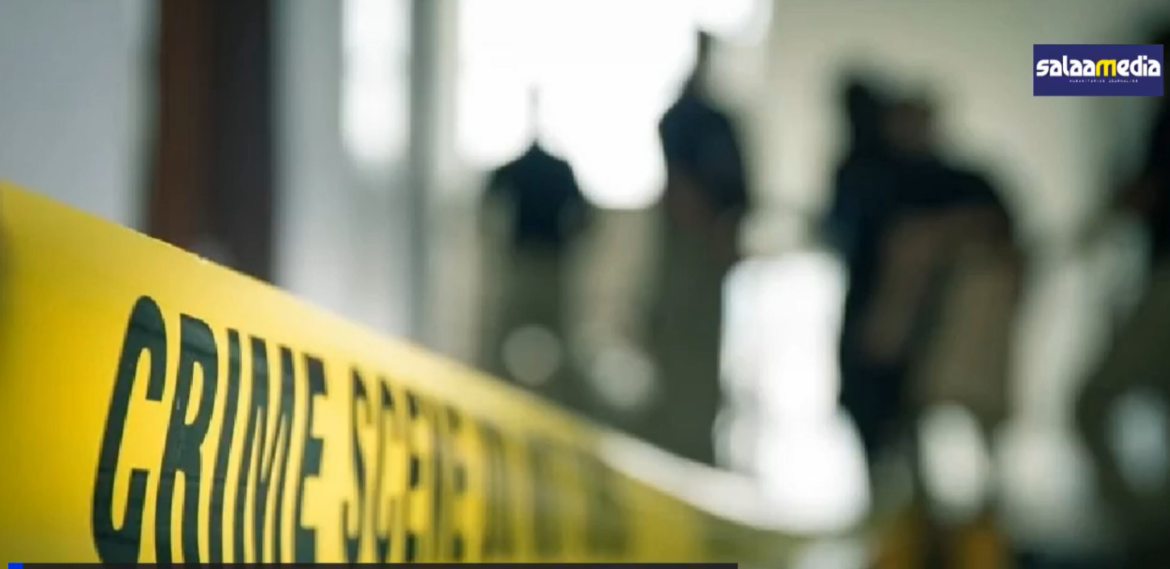Johannesburg – Over the years the killing of councillors has increased with little to no progress made on any of the cases.
Research conducted by the Global Initiative Against Transnational Organised Crime, between 2000 and 2017, ranked KwaZulu-Natal (KZN) as the number one province in killings of people in the political sphere and the taxi industry.
The killings of councillors can be linked to various things but without a court case, it is difficult to determine what that is, said Professor Mary De Haas, from KZN violence monitor.
“It’s impossible to tell, until there’s a court case, with certainty about the potential reasons for the killings. Most of the killings of councillors is linked to either the competition or they do their jobs too well and expose corruption or in some, its cases interparty.”
Although interparty killings happen, it is not as prevalent as it was in the past. Another motive behind the killings could be because “councillors have businesses that they run, especially taxis,” and until the context is known, the area the councillor was living in is looked at first to determine if there was any fighting between parties and what was the situation in the area.
The killings are not just limited to ANC members but also other parties, although the majority are ANC members. The ANC elective conference is taking place this year in December and De Haas believes this could be “a potential reason” for the killings of ANC councillors “but again one needs to look at who the councillor is and where do they stand in party politics”.
Killings in the case of in-fighting occur where councillors are in the camps of different political leaders explained De Haas. Sometimes it occurs because a councillor does not want to lose their position, so they get rid of the competition.
“I’ll give you an example… in a shack area near us there’s a long-standing councillor who has very serious allegations about his involvement in crooked deals and things… Now before the election another candidate who was canvassing [the area] was shot dead together with his companion and then a by-election was held, and the old councillor was back in.”
De Haas believes there are police officers in the force who are good “and want to do their job” but are “thwarted by corrupt management”. A circular that had been sent out a few months ago stated people in administration can apply to be transferred to operational duty, after which they would be given “minimal training” before being transferred.
“What I got in this province [KZN], I’m hearing, and from the Free State… is that people who are not properly trained police are moving to operational and they are getting promoted ahead of police who are sitting as constables, sergeants or warrant officers for years and years and years.”
According to De Haas, a man from Durban, who is trusted by the local police in the area, has come to find out that several officers at the station refuse to support the officers who are looking into the looting, and have intimidated them.
De Haas has done extensive research into these crimes and says there is a trend when high profile arrests are made, the charges are withdrawn.
The scary thing according to De Haas is that the current “policing portfolio committee is nowhere near as good as the last one we had”. She maintains the previous policing portfolio committee was “a better more proactive commission”.
De Haas has appealed to all South Africans to get more involved in the “ground up work” and get involved in police forums to make their voices known and push government officials to do their jobs.
Professor Mary de Haas spoke with Julie Ali on Salaamedia, listen to the interview here:
